Projects
Adaptive Education
To the project browser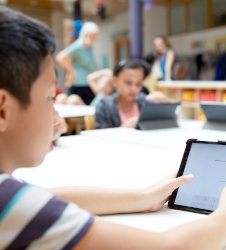
FLINK
The FLINK project is investigating a computer-based fluency training programme. Children in the middle and lower reading achievement range in grades 3 to 6 can complete up to 54 training units in one school year. The training is accompanied by regular progress diagnostics and can be completed largely independently.
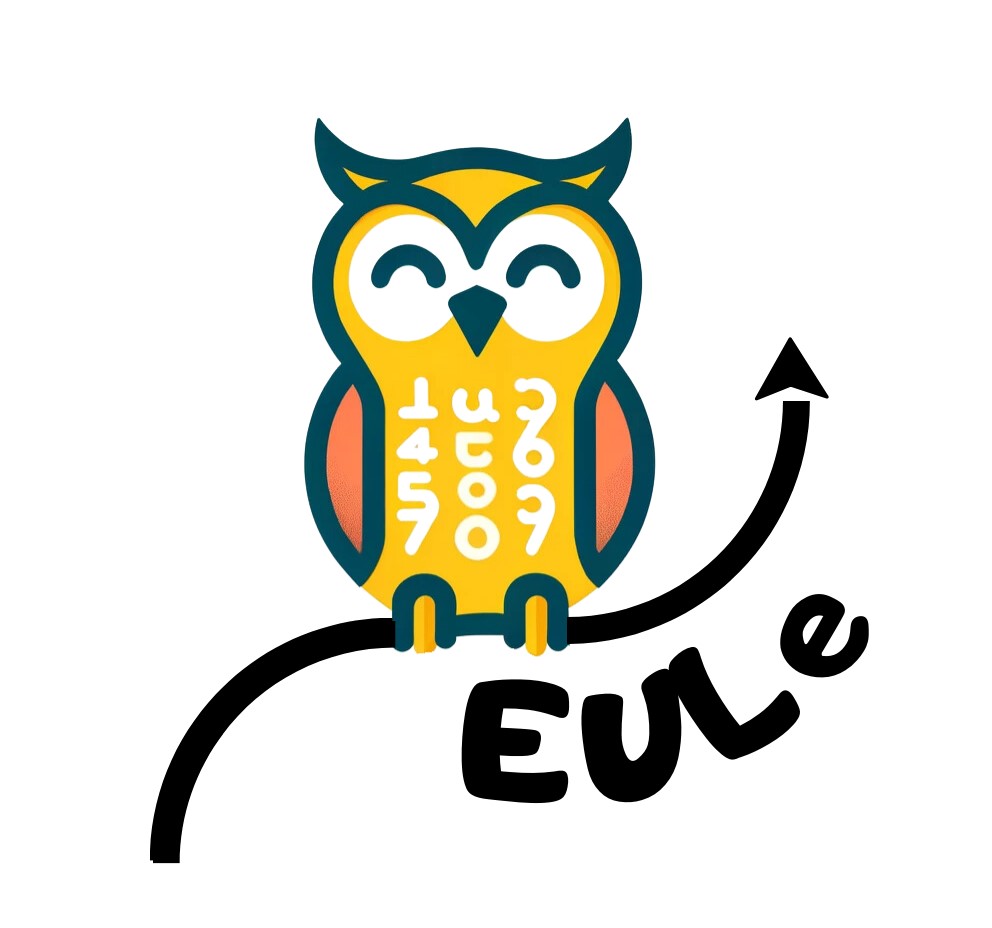
EULe
The project “EULe – Erfolgreich Unterrichten mit Lernverlaufsdiagnostik” aims to support 10 primary schools in North Rhine-Westphalia in developing and implementing school-specific, data-based and adaptive support concepts based on learning progression diagnostics.
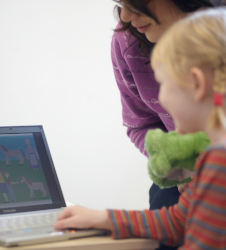
DigitLern
The DigitLern project aims to explore the opportunities and challenges of (digital) distance learning and teaching during the coronavirus pandemic for children and young people with learning difficulties.

FrameWord
The aim of the project FrameWord is to investigate whether mechanisms that were described for visual object recognition – namely, neuronal top-down processing – also apply for visual word recognition.
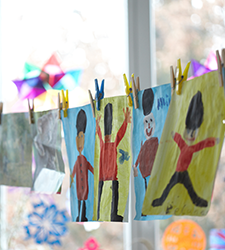
meRLe
The meRLe project explores ways to promote German reading skills using multilingual-sensitive reciprocal teaching in primary education.

LONDI (former OnDiFoe)
The project LONDI aims at developing a web-based platform to support the identification and treatment of children with major difficulties in learning to read, spell, and/or calculate. The platform will provide evidence-based information, materials and tools for learning disabilities screening as well as for the individual diagnosis and remediation.
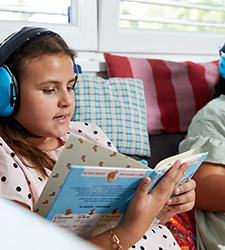
iLearn
This project evaluates the potential of computerized formative assessment to support reading acquisition of children with reading difficulties. Formative assessment enables teachers to adapt their teaching methods to the individual learning progress of their students.
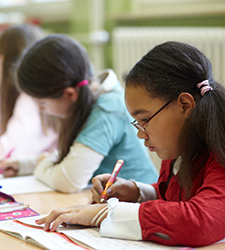
MoBiLe
The project investigates the role of language and executive functions in cognitive and academic development of elementary school children. The focus is on the comparison of monolingual and bilingual children (especially children from immigrant families), who often differ in terms of their language abilities as well as their academic achievement.
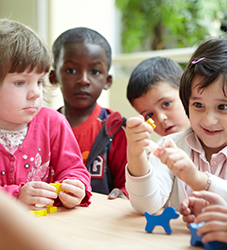
META-EF TRAIN
The project investigates the effects of metacognitive executive function training in children from low socioeconomic backgrounds with an emphasis on transfer to academic abilities. Children are recruited in Germany and the UK to ensure greater generalizability. We focus on two age groups (4-6 vs. 8-10 years) to examine whether there is a developmentally sensitive period for cognitive training interventions.

LeA-Training
The focus of project LeA-Training is to investigate a reading fluency training program. The project aims at identifying the underlying mechanisms resulting in reading improvement to effectively implement the training for children with reading difficulties.